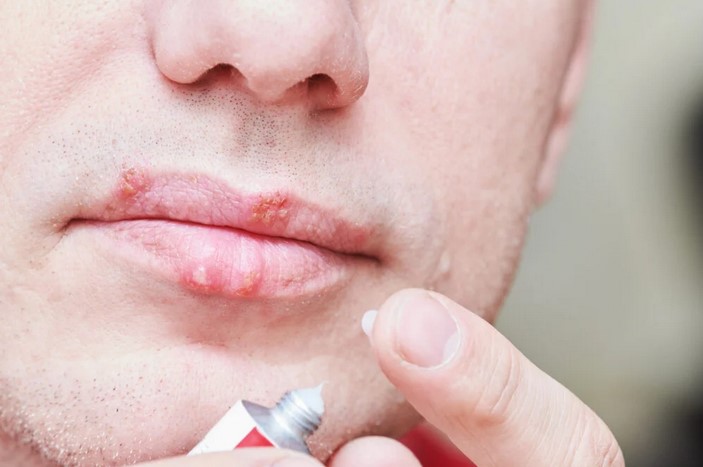Home Remedies for Cold Sores on the Lip: Natural Relief Options

Source : https://www.newmouth.com
Home Remedies for Cold Sores on the Lip: Natural Relief Options is a comprehensive guide that provides an array of natural solutions to alleviate the discomfort caused by cold sores. This guide explores various home remedies, from herbal treatments to lifestyle changes, that can help manage and reduce the frequency of cold sore outbreaks. It aims to offer a holistic approach to dealing with this common health issue, emphasizing the use of natural ingredients and methods that can be easily incorporated into daily routines.
Effective Home Remedies for Cold Sores on the Lip: Exploring Natural Relief Options
Cold sores, also known as fever blisters, are small, painful blisters that typically form on the lips or around the mouth. They are caused by the herpes simplex virus type 1 (HSV-1), a highly contagious virus that can be easily transmitted from person to person through close personal contact. While there is no cure for the virus, there are several home remedies that can help alleviate the discomfort and speed up the healing process of cold sores on the lip.
One of the most effective home remedies for cold sores is the application of a cold compress. This simple yet effective method can help reduce inflammation and pain. Simply wrap a few ice cubes in a clean cloth and apply it to the affected area for about 10 minutes. Repeat this process several times a day until the cold sore subsides.
Another natural relief option is the use of essential oils. Tea tree oil, for instance, has antiviral properties that can help combat the HSV-1 virus. To use, dilute a few drops of tea tree oil with a carrier oil like coconut or olive oil and apply it to the cold sore using a cotton swab. Be sure to wash your hands thoroughly before and after application to prevent the spread of the virus.
Lemon balm is another herb known for its antiviral properties. A study published in the Journal of Dermatological Treatment found that topical creams containing lemon balm helped reduce redness and swelling in cold sores. To use, apply a lemon balm ointment to the affected area several times a day.
Diet also plays a crucial role in managing cold sores. Foods rich in lysine, an essential amino acid, can help prevent the outbreak of cold sores. Lysine inhibits the replication of the HSV-1 virus, thereby reducing the frequency of outbreaks. Foods high in lysine include fish, chicken, beef, lamb, milk, cheese, beans, brewer’s yeast, mung bean sprouts, and most fruits and vegetables.
Hydration is another key factor in managing cold sores. Drinking plenty of water can help keep your body hydrated, which in turn can help speed up the healing process. Avoiding caffeine and alcohol, which can dehydrate the body, is also recommended.
While these home remedies can provide relief, it’s important to remember that they are not a cure for the HSV-1 virus. The virus remains dormant in the body and can reactivate at any time, leading to recurrent outbreaks. Therefore, it’s crucial to maintain a healthy lifestyle, manage stress levels, and avoid triggers that can cause outbreaks, such as exposure to sunlight, fatigue, and illness.
In conclusion, while cold sores can be uncomfortable and unsightly, there are several home remedies that can provide natural relief. From the application of a cold compress to the use of essential oils and dietary changes, these remedies can help manage symptoms and speed up the healing process. However, it’s important to remember that these remedies are not a cure for the virus. Maintaining a healthy lifestyle and avoiding triggers is key to managing cold sores effectively.In conclusion, home remedies for cold sores on the lip, such as applying a cold compress, using a lip balm with SPF, taking lysine supplements, and using essential oils like tea tree oil, can provide natural relief options. These remedies can help to reduce the severity and duration of cold sores, alleviate pain and discomfort, and prevent future outbreaks. However, they are not a substitute for professional medical advice and treatment. It’s always recommended to consult with a healthcare provider for persistent or severe symptoms.





